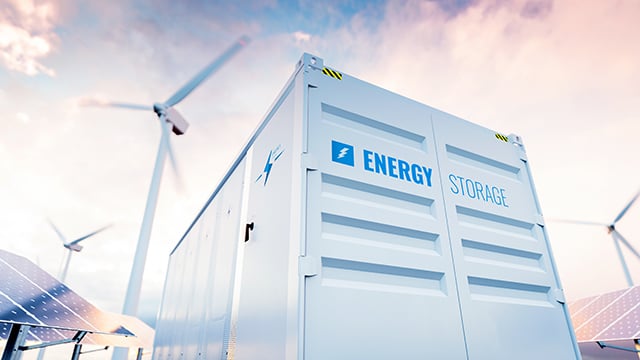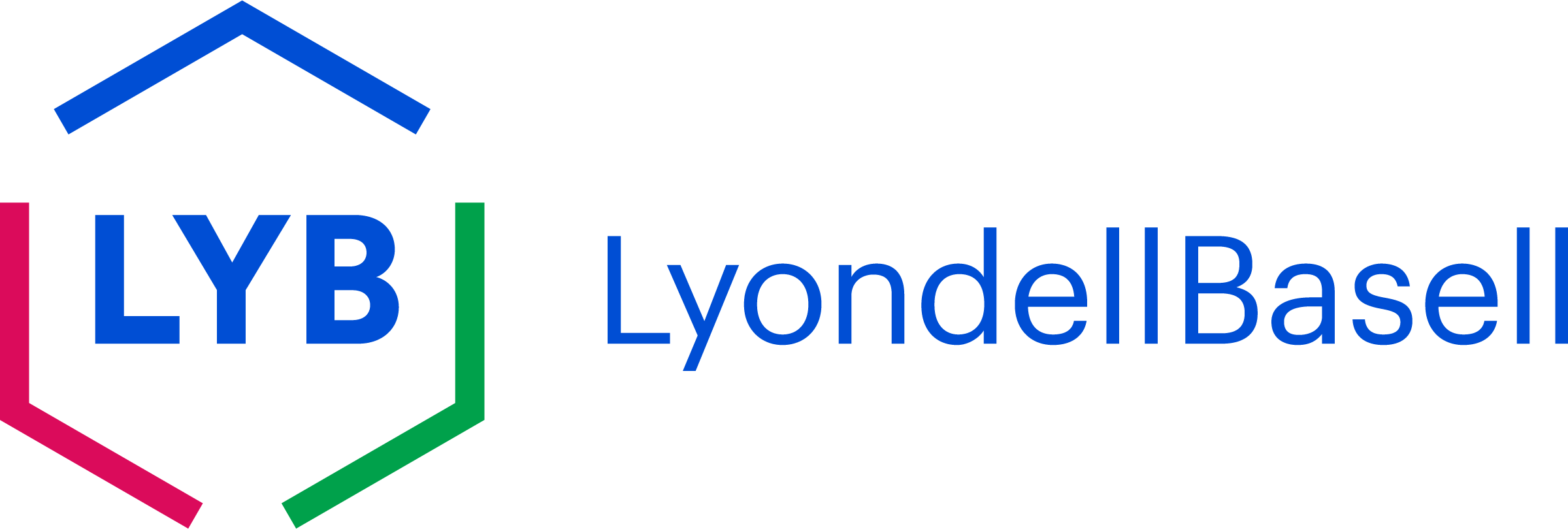Fuel cells and efficient batteries have seen strong demand in the global market, as everything is becoming energy efficient, and industries are on the verge of using renewable energy for creating a sustainable future. In sectors like wind, solar and other grid-tied renewable electricity, stationary energy storage is empowering grid reliability and demand management. Through a broad product portfolio coupled with technical expertise worldwide, LyondellBasell is at the forefront of advancing solutions for energy storage.
“Renewable power has become an essential part of the world’s energy mix and energy storage is a key element in the clean energy evolution,” said Sean Campbell, Global Sales and Marketing Manager for Engineered Composites at LyondellBasell.
Many energy generating and storage applications are built with fuel cell or flow battery technologies. While fuel cells and flow batteries operate differently, they both require a vital part called a bipolar plate. A bipolar plate is a multi-functional component within a cell stack. They uniformly distribute fuel, gas and air, conduct electrical current from cell to cell, remove heat from the active area and prevent leakage of gases and coolant. In short, a bipolar plate has to take into consideration a lot of scientific complexities to be successful.
Corrosion is a major issue in bipolar plates given the environment it lives in, but LyondellBasell has a viable solution. Unlike traditional materials such as metals which contribute to the corrosion issue, conductive bulk molding compounds (BMC) from LyondellBasell have excellent corrosion resistance, enabling durability for longer life. In addition to addressing corrosion resistance, LyondellBasell’s conductive BMC has the ability to solve another problem - cost, which is also a major factor in material selection. Depending on cell design and the manufacturing process, conductive BMC can contribute to a lower plate and assembly cost.
Not only does conductive BMC outperform conventional materials in key areas like corrosion and cost, but they also offer key property features required by bipolar plates such as design flexibility, thin molding and high electrical conductivity.
“As renewable energy generation evolves and the demand for energy storage across industries grow, our conductive BMC portfolio is quickly becoming an alternative material solution in bipolar plates,” said Campbell.
|
Click here to watch our webinar, hosted by Composites World, to hear how conductive BMC from LyondellBasell is being used in bipolar plate applications for energy storage technologies. |


